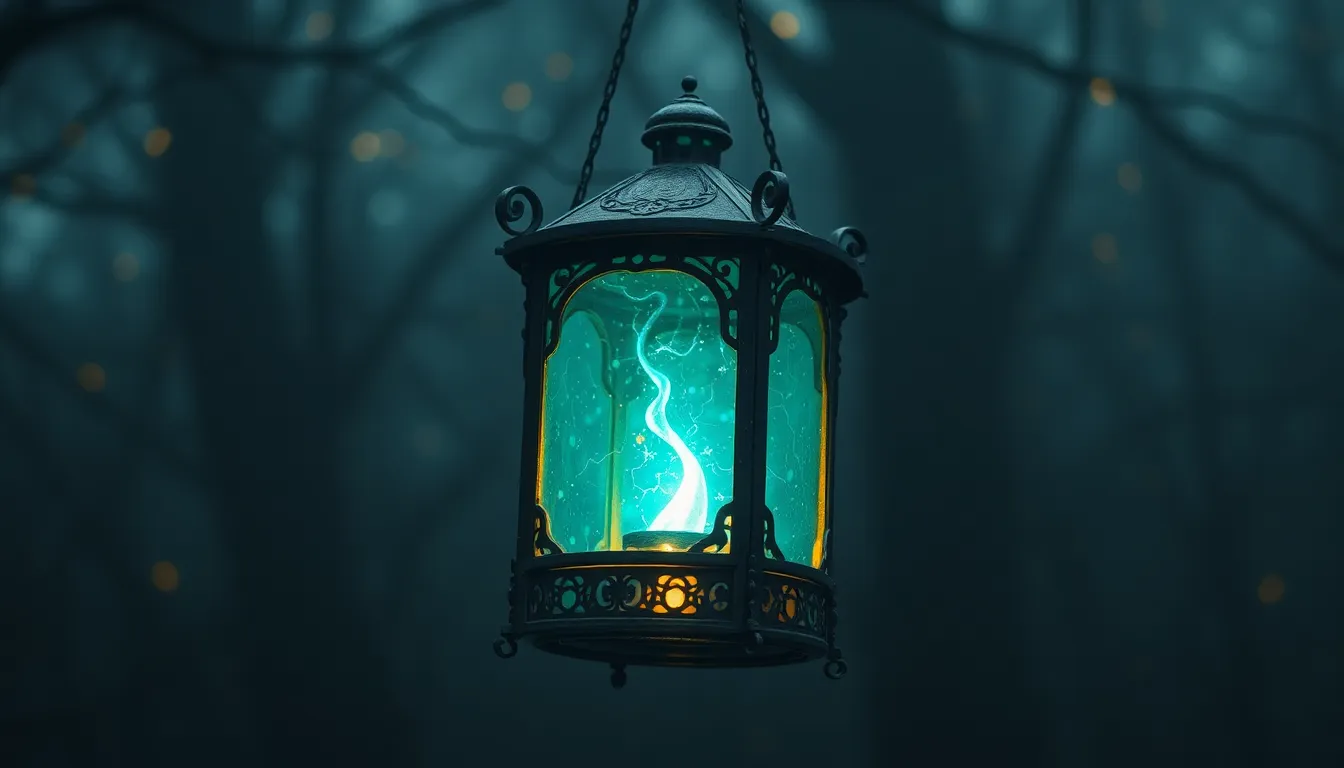The Myth of the Kraken: Legends from the Depths of the Ocean
Introduction: Unveiling the Kraken
The Kraken, a legendary sea monster said to dwell off the coasts of Norway and Greenland, has captivated imaginations for centuries. This colossal creature, often depicted as a giant octopus or squid, embodies the fears and mysteries surrounding the ocean’s depths. Myths of sea monsters like the Kraken play a crucial role in cultural history, reflecting humanity’s relationship with the sea and the unknown. This article aims to explore the origins, significance, and modern interpretations of the Kraken, shedding light on its enduring legacy in folklore and contemporary culture.
Origins of the Kraken Legend
The Kraken legend can be traced back to ancient maritime folklore, with historical accounts depicting various sea monsters that terrorized sailors. The geographical roots of the Kraken myth are primarily found in Scandinavian maritime culture, where seafaring was a way of life and tales of monstrous creatures were common.
Early literature references to the Kraken include:
- Reports by sailors in the 18th century describing encounters with a giant creature.
- The writings of Francesco Negri, an Italian priest who provided vivid accounts of sea monsters in his travel logs.
- Descriptions in “The Natural History of Norway” by Francesco Negri, where he mentions the Kraken as a real threat to seafarers.
The Kraken in Literature and Art
The Kraken’s depiction in classic literature has played a significant role in shaping its image. Jules Verne’s “20,000 Leagues Under the Sea” features a thrilling encounter with a giant squid, further entrenching the Kraken in popular imagination. Artists throughout history have also contributed to the Kraken’s imagery, with paintings and illustrations capturing its terrifying essence.
Modern interpretations in film and media have reimagined the Kraken as both a fearsome beast and a misunderstood creature. Notable examples include:
- The “Pirates of the Caribbean” film series, where the Kraken is portrayed as a monstrous force of nature.
- The animated film “The Clash of the Titans,” depicting an enormous sea creature as a central antagonist.
- Video games like “Bloodborne” and “Sea of Thieves,” which incorporate Kraken-like monsters into their narratives.
Cultural Significance of Sea Monsters
The Kraken holds a unique place in maritime lore and sailor superstitions. It represents the unknown dangers that lurked in uncharted waters, serving as a cautionary tale for those who dared to venture into the ocean. The fear of the Kraken resonates with other legendary sea monsters, such as the Leviathan and Charybdis, each embodying different aspects of humanity’s fears regarding the sea.
As a symbol of the unknown, the Kraken reflects:
- The unpredictability of nature and the ocean’s vastness.
- The inherent human fear of the dark, deep waters that hide untold mysteries.
- The struggle between human ambition and the uncontrollable forces of nature.
Scientific Explanations Behind the Myth
In the quest to understand the Kraken, scientists have examined giant squids, which share physical attributes with the legendary creature. These elusive beings, capable of growing up to 43 feet long, have been known to inhabit deep ocean waters. Reports of giant squids have likely contributed to the development of the Kraken myth.
Misidentifications of marine creatures have also fueled Kraken stories. For instance, the sighting of a giant squid could easily be misconstrued as a sea monster by sailors unfamiliar with such creatures. The impact of oceanic exploration and advancements in marine biology continues to debunk many myths, revealing the truth behind these legendary beings.
The Kraken in Modern Pop Culture
The resurgence of the Kraken in video games, movies, and literature reflects contemporary society’s fascination with this mythical creature. In modern narratives, the Kraken is often reimagined as a powerful, yet sometimes sympathetic, figure. This evolution in storytelling allows audiences to explore complex themes such as:
- The balance between nature and humanity.
- The consequences of environmental destruction.
- The duality of fear and respect for nature’s power.
The Psychology of Myth
Myths like the Kraken persist in the human psyche due to their capacity to tap into deep-seated fears and fascinations. The interplay between fear and intrigue surrounding the ocean is a powerful driving force behind these legends. Myths serve as tools for explaining natural phenomena, providing a narrative framework for understanding the world.
Key psychological aspects include:
- The need for storytelling to make sense of the unknown.
- The tendency to anthropomorphize fears, giving them form and narrative.
- Myths acting as a cultural touchstone, uniting communities through shared stories.
Exploring the Deep: Recent Discoveries in Marine Biology
Advances in underwater exploration have revealed new insights into marine biology, further complicating the relationship between myth and reality. Recent discoveries of deep-sea creatures, such as the colossal squid and various bioluminescent species, may have inspired tales of the Kraken. These findings challenge our understanding of the ocean’s depths and highlight the mysteries still waiting to be uncovered.
The ongoing mystery of the ocean’s depths continues to fuel imagination and speculation, keeping the legend of the Kraken alive.
The Kraken in Today’s Environmental Context
In an era of climate change and ocean health concerns, the Kraken can serve as a powerful symbol for ocean conservation. As the effects of environmental degradation manifest, the legend of the Kraken may remind us of the importance of protecting our oceans. Folklore can inspire modern environmental movements, encouraging individuals to engage in conservation efforts.
The Kraken’s associations with the sea can prompt discussions about:
- The impact of pollution on marine life.
- The importance of preserving biodiversity in ocean ecosystems.
- The need for sustainable practices in fishing and ocean industries.
Conclusion: The Enduring Legacy of the Kraken
The Kraken’s significance across history and cultures is a testament to humanity’s enduring fascination with the ocean and its mysteries. From ancient maritime folklore to modern interpretations, the Kraken continues to capture our imagination, serving as a symbol of the unknown and a reminder of the ocean’s power. As we navigate the challenges of the modern world, the legend of the Kraken remains a compelling narrative that echoes through time, inspiring wonder and caution in equal measure.



